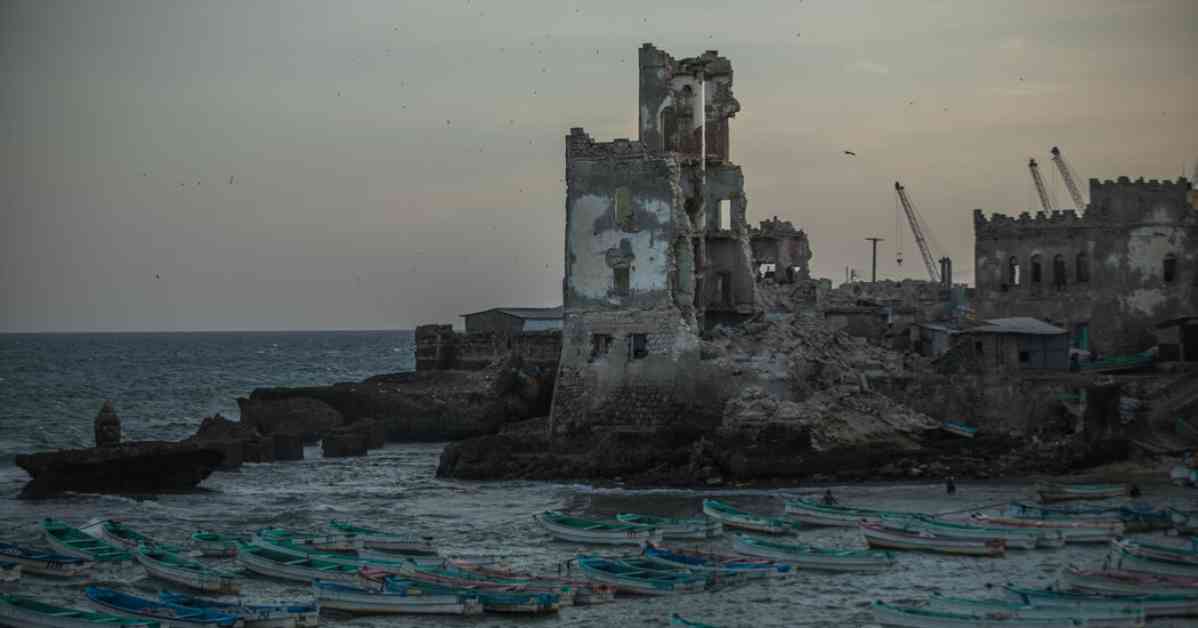The Unspoken Conflict: The Impending War in East Africa
In the volatile region of East Africa, trouble is brewing, threatening to escalate into a full-blown conflict that could have far-reaching consequences. The Horn of Africa, a historically tumultuous area, is once again at the center of attention due to the expansionist ambitions of Prime Minister Abiy Ahmed of Ethiopia. His relentless pursuit of making Ethiopia a coastal state has put the entire region on edge, with the potential for a devastating war looming on the horizon.
The Catalyst for Conflict
The root cause of the impending conflict can be traced back to Prime Minister Abiy’s declaration that Ethiopia must have access to the sea, by negotiation or by force. This aggressive stance has put Somalia, the weakest of the five coastal countries bordering Ethiopia, in the crosshairs. In a move that blatantly disregards Somalia’s sovereignty, Abiy signed a memorandum of understanding with the president of Somaliland, a breakaway republic in northwestern Somalia, in exchange for a naval base on the Gulf of Aden. This brazen act of territorial encroachment has sparked outrage in Somalia and raised alarm bells among international observers.
International Backlash and Escalating Tensions
Despite widespread condemnation from the international community, including the United Nations, the African Union, the United States, and the European Union, Prime Minister Abiy has remained steadfast in his pursuit of a coastal outlet for Ethiopia. His calculated timing, taking advantage of Somalia’s internal challenges and distractions on the global stage, has emboldened his resolve. Recent military incursions by Ethiopian troops into Somalia have further heightened tensions, leading to a potential powder keg situation in the region.
Somalia, in response to Ethiopia’s aggression, has taken steps to defend its territorial integrity. Threatening to expel Ethiopian troops from the African peacekeeping forces in the country and forging defense pacts with Egypt and Turkey, Somalia is sending a clear message that it will not back down in the face of external threats. The involvement of regional players and the failure of mediation efforts to de-escalate the situation have only added fuel to the fire, pushing the region closer to the brink of war.
The Stakes and Global Implications
The implications of a full-scale conflict in the Horn of Africa are dire, not only for the countries directly involved but for the entire international community. A war in this strategically significant region could destabilize global trade routes, exacerbate existing humanitarian crises, and provide a breeding ground for extremist groups to flourish. The potential for a humanitarian catastrophe on a massive scale cannot be overstated, highlighting the urgent need for diplomatic intervention and conflict resolution efforts.
As the situation continues to escalate, with both sides digging in their heels and refusing to back down, the window for peaceful resolution is rapidly closing. The international community, particularly the United States and other key stakeholders, must step up their efforts to prevent a catastrophic conflict from erupting in East Africa. The time for decisive action is now, before it’s too late.
In Conclusion
The Unspoken Conflict brewing in East Africa represents a dangerous flashpoint that has the potential to spiral out of control if left unchecked. Prime Minister Abiy’s reckless pursuit of a coastal outlet for Ethiopia, at the expense of Somalia’s sovereignty, has set the stage for a potentially devastating war in the region. The international community must act swiftly and decisively to de-escalate tensions, facilitate meaningful dialogue, and prevent a humanitarian catastrophe of epic proportions. The stakes are high, and the time for action is now.














